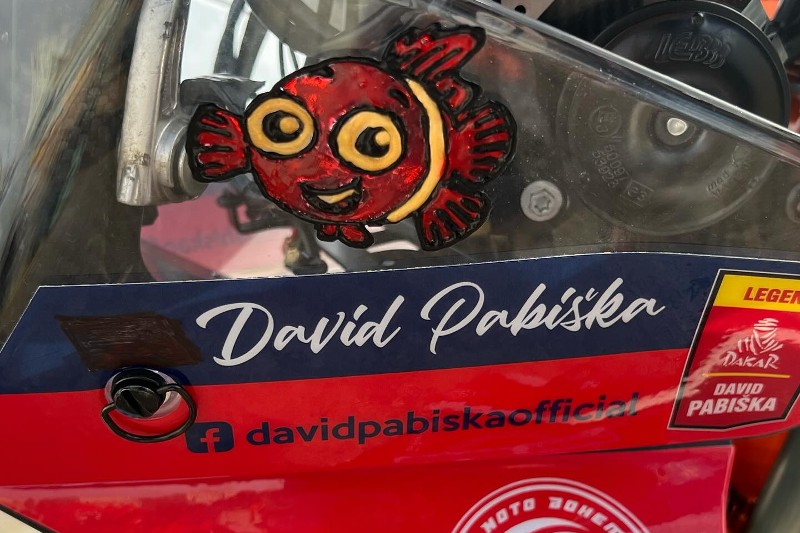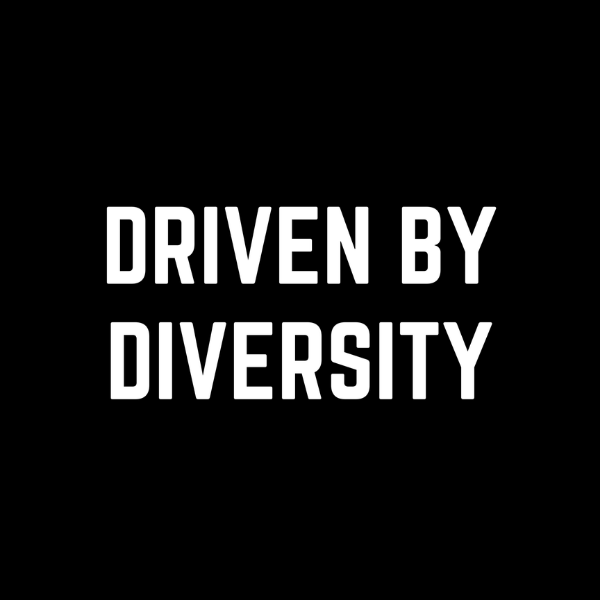Like many international sporting events, the Dakar Rally is a cornucopia of nationalities as competitors from all over the world come together to take part. However, a new policy from the Amaury Sport Organisation will forbid them from displaying their national flags next to their names on their vehicles for the 2024 edition. The new rule is enshrined by both the FIA and FIM in their 2024 Dakar supplementary regulations concerning competitor identification.
The FIA’s updated Article 6.3 now states, “No flag is allowed besides the competitor’s name”. This clause is “derived” from Article 21.1 of the 2024 FIA Cross-Country Rally Sporting Regulations: “The first initial(s) and surname of the driver and the co-driver, followed by the national flags of the country according to Art. 9.4 of the (International Sporting) Code, must appear on both sides of the front wings or front doors of the vehicle. The letters must have a height of 30 to 50 mm.” This also applies to the Dakar Classic, a side event to the main rally that still follows the FIA’s policies.
Article 6.1.1.3 of the FIM’s Dakar rulebook simply states, “No flag is allowed besides the Rider’s name.”
Neither the ISC nor the Cross-Country Rally Sporting Regulations, despite being cited in the new Article 6.3, mention such a ban in their bylaws. Although the ISC stresses that race-specific guidelines must not contradict either rulebook, waivers may be granted in special circumstances without needing approval from the FIA World Motor Sport Council.
While the ASO had not given an explanation for the change, it is a blanket ban that comes in the wake of various global conflicts. Benediktas Vanagas, who races in the top-level Ultimate category, surmised it is a response to the war in Gaza, which forced the Jordan Baja’s cancellation. On the other hand, the Dakar Rally is held in Saudi Arabia, who is far enough from Israel and Palestine that the war will not spill over. Nonetheless, with such a contentious topic that has drawn responses from rally raid competitors (especially in the Middle East, a hotbed for the discipline), popular theory proposes the ASO is enforcing the flag removal to ensure racer safety, which is difficult as is to maintain in a vast desert. The 2022 Dakar Rally was marred by a bomb explosion that injured French driver Philippe Boutron, sparking a terrorism probe by his country’s authorities; though it remains the lone such incident since the race moved to Saudi Arabia two years prior, competitors and personnel were eventually forced to stay in camps rather than hotels as organisers want to minimise the risk of a repeat.
A flag prohibition was already in place for Russians and Belarusians following Russia’s full-scale invasion of Ukraine in 2022. Drivers of those nationalities are barred from running FIA-sanctioned events unless they agreed to condemn the war and to race under either a neutral banner or another country’s emblems, while the FIM instituted a hard ban regardless of a rider’s individual thoughts on the invasion.
As it stands, the restriction applies only to Dakar, the only round under ASO organisation. Save for the Abu Dhabi Desert Challenge, whose host country is the friendliest Arab state to Israel, the rest of the World Rally-Raid Championship takes place outside of the Middle East.
With how sudden the rule change was implemented, many teams showed up to administrative checks in Barcelona with the flags still present. Most like reigning champion Nasser Al-Attiyah simply removed them—a relatively easy fix if the flag is a sticker—while Vanagas opted to keep the flags’ rectangle shapes but left them with a grey blank space. For competitors whose flags are directly embedded into the livery such as Rally2 rider David Pabiška‘s bike, the flag was drawn over with a black marker.
The 2024 Dakar Rally starts on 5 January.



